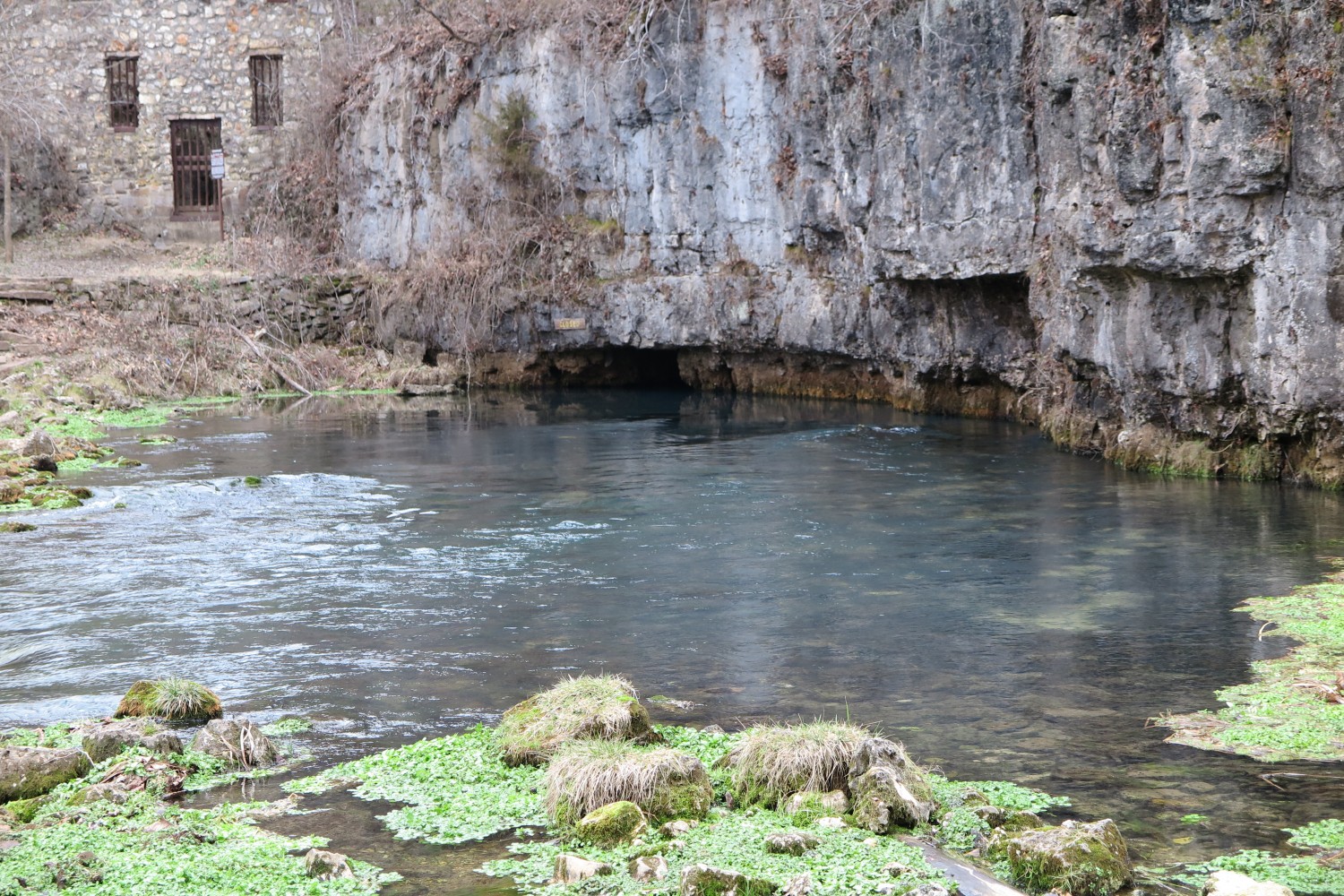Justice also will I make the measuring line, and righteousness the plumb line: and the hail shall sweep away the refuge of lies, and the waters shall overflow the hiding place. (Isaiah 28:17 KJ2000)
There exists a sure and simple way to test the words of anyone who calls himself or thinks himself a prophet of the Most High, and it is this, he must speak forth the righteous requirements of God. It is not enough to give lip service to this and then deny its power by living and condoning lives which do not raise up this standard.
To the law and to the testimony: if they speak not according to this word, it is because there is no light in them. (Isaiah 8:20 KJ2000)
A man or woman may receive revelation in the Word and may perform miracles, but this does not mean that he or she walks and preaches the narrow path that God requires. There exists a “mystery of Godliness” for us to understand and enter into. All of Scripture tries to make us understand this, but we often get caught in little streams of truth and end up drowning in the deep waters we make by it. God does not care if you were baptized in this or that church or if you were baptized by sprinkling or immersion. He does not care if you believe few, many, or all people are saved. He does not even care if you smoke or chew or go with girls who do. He cares about whether or not you know his ways and whether or not you desire to keep those ways. Those ways are manifold, for it is the sum of God’s ways which define truth and righteousness, not one or two laws. And always remember that in Christ mercy (righteousness) and truth (justice) kiss each other.
Enter in at the narrow gate: for wide is the gate, and broad is the way, that leads to destruction, and many there be who go in there: Because narrow is the gate, and narrow is the way, which leads unto life, and few there be that find it. Beware of false prophets, who come to you in sheep’s clothing, but inwardly they are ravening wolves. You shall know them by their fruits. Do men gather grapes of thorns, or figs of thistles? Even so every good tree brings forth good fruit; but a corrupt tree brings forth evil fruit. A good tree cannot bring forth evil fruit, neither can a corrupt tree bring forth good fruit. Every tree that brings not forth good fruit is hewn down, and cast into the fire. Therefore by their fruits you shall know them. Not every one that says unto me, Lord, Lord, shall enter into the kingdom of heaven; but he that does the will of my Father who is in heaven. Many will say to me in that day, Lord, Lord, have we not prophesied in your name? and in your name have cast out demons? and in your name done many wonderful works? And then will I profess unto them, I never knew you: depart from me, you that work iniquity. Therefore whosoever hears these sayings of mine, and does them, I will liken him unto a wise man, who built his house upon a rock: And the rain descended, and the floods came, and the winds blew, and beat upon that house; and it fell not: for it was founded upon a rock. And every one that hears these sayings of mine, and does them not, shall be likened unto a foolish man, who built his house upon the sand: And the rain descended, and the floods came, and the winds blew, and beat upon that house; and it fell: and great was the fall of it. And it came to pass, when Jesus had ended these sayings, the people were astonished at his teachings: For he taught them as one having authority, and not as the scribes. (Matthew 7:13-29 KJ2000)

2 Responses to Righteousness: The Prophet’s Plumbline